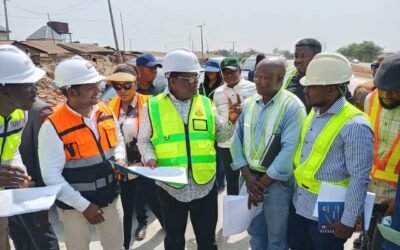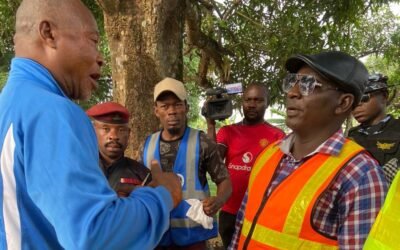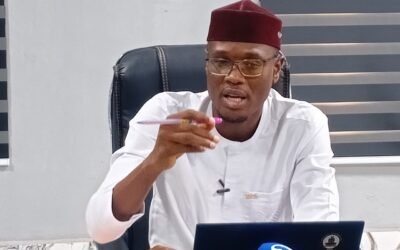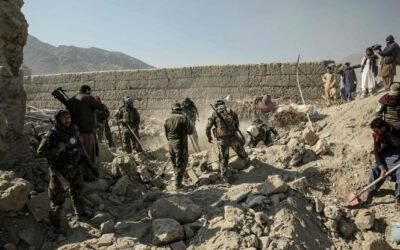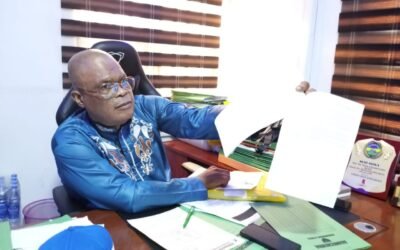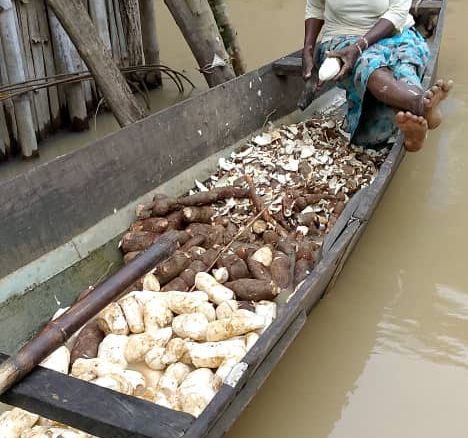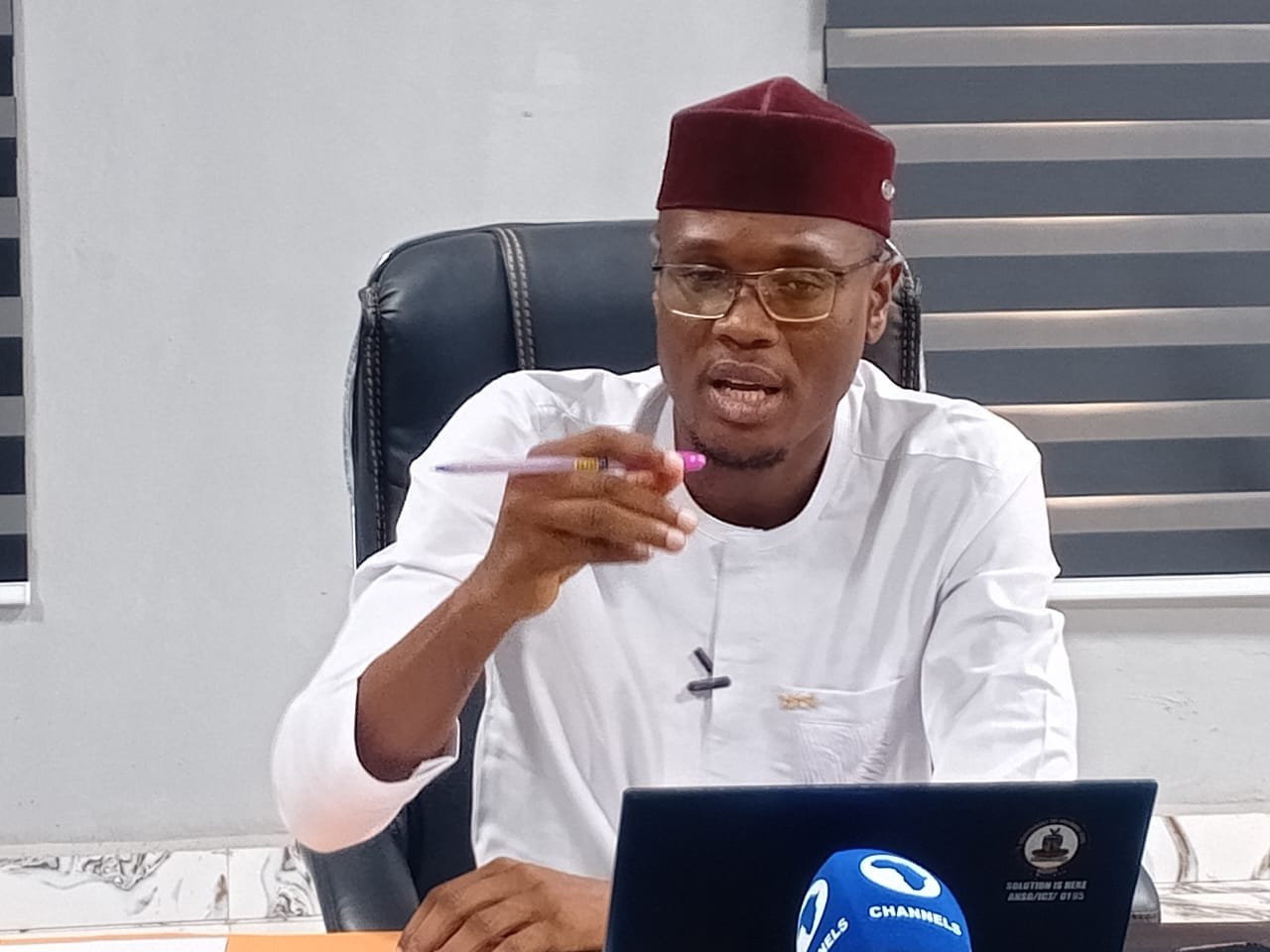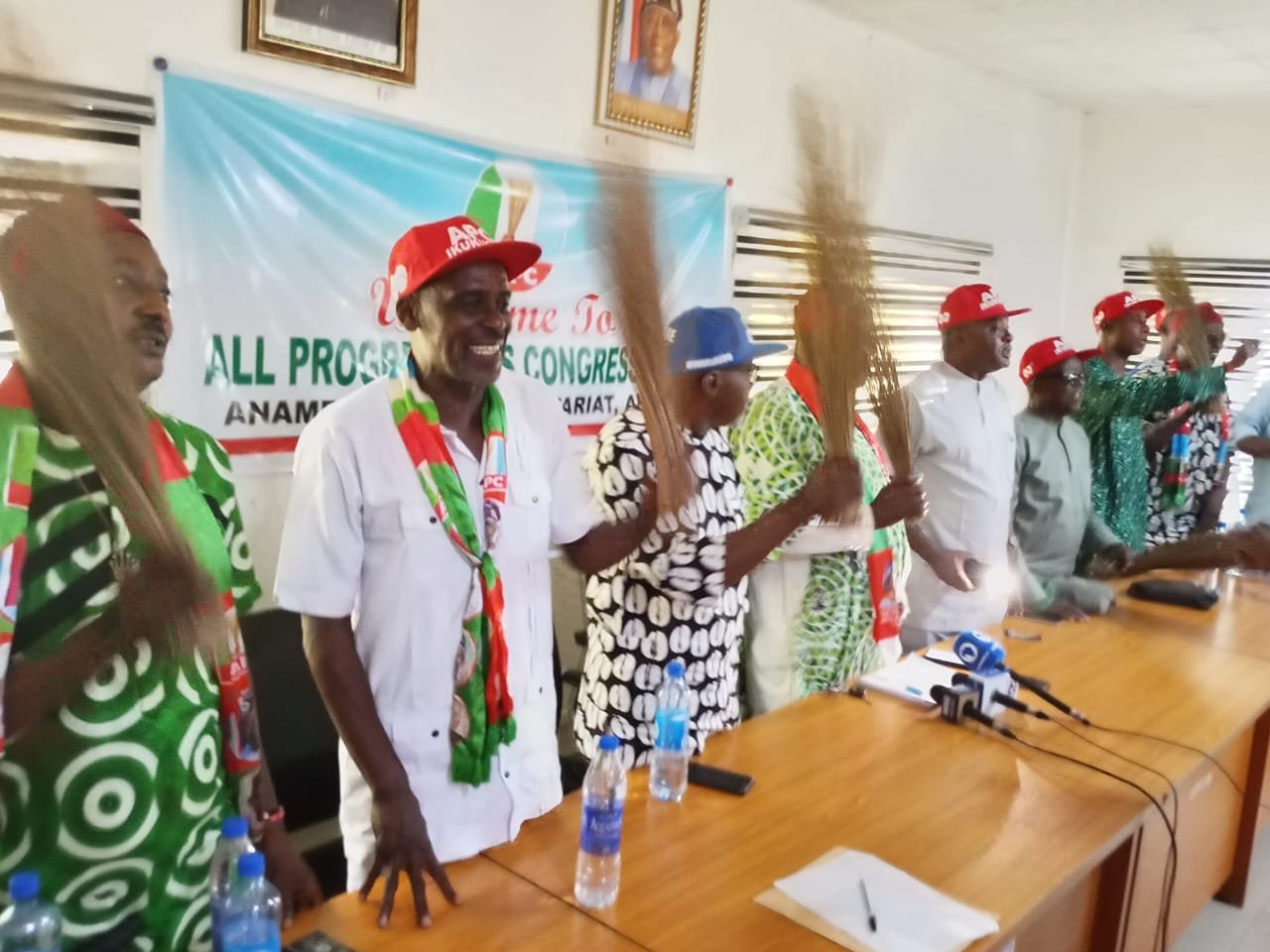By Ovat Abeng
Flood has once again crippled Ogbaru communities, in Anambra state, unleashing a devastating blow to their economic and social structures.
The already poor road network has deteriorated further, becoming impassable as heavy rainfall and flash floods, fueled by the swelling River Niger, have combined to wash away livelihoods, leaving behind a trail of anguish, suffering, and hardship, in these agrarian communities that make up Ogbaruland.
Farmers have been hit the hardest, with their farmlands submerged by floods, forcing premature harvesting and resulting in significant losses, pain, and distress as they count their losses.
READ ALSO: Anambra guber: ANSAA slams APC, others over non-compliance of N50m campaign fee
As a riverine local government area in Anambra State, situated on the banks of the River Niger and bordering Delta and Rivers State, Ogbaru’s flood-prone nature has been laid bare once more. From Ossomala to Obeagwe, Akili Ogidi, Ogwuikpele, Ogwuaniocha and many farm camps in the environs, the devastation is better imagined as the communities are literarily swallowed by the increasing flood.
Over the weekend, the Constituency Office of the member representing Ogbaru Federal Constituency, Hon. Afam Ogene, led a team of journalists to visit the area.
Reacting to the incident, Mr. Adimali Nwachukwu, a yam and cassava farmer in Ogwuikpele, expressed his deep pain and anguish, narrating his ordeal: “The flood has destroyed me. It has ruined my hopes and wasted my labour. I don’t know where to start from. I borrowed money at a high interest rate to invest in large-scale farming this year. I spent a lot on yam seedlings and cassava stems, hoping for a bountiful harvest to recoup my investment and pay back my loan. But look at me now. With this flood and premature harvesting, I’m not sure I’ll even get up to 25 percent of what I invested in this year’s farming. I’m finished. Where do I start again?” he lamented.
A widow, Nwakaego Nwafili, a cassava and maize farmer, shared her heart-wrenching tale: “This year’s flood is suffocating me. Since the heavy rains started in July, I’ve been having panic attacks, knowing what was to come. I haven’t been sleeping at night, my mind is constantly preoccupied with my farm. I’m heartbroken as I speak to you now.
“All my crops are submerged underwater. I don’t have the funds to hire labourers to help with the harvest. I’m doing the premature harvesting by myself. I’m ruined. I have no one to turn to. As a widow, I rely on farming to feed and care for my three children after my husband passed away five years ago. Please, tell the government to help us. We’re in dire straits in Ogbaru. This flood is killing us daily,” she said, tears streaming down her face.
Another woman, Madam Oluchi Nzekwe also shared her family’s plight, revealing that her husband’s blood pressure has skyrocketed since the floods began. As the family’s sole livelihood depends on farming, the devastating impact of the flood has left them distressed.
“My husband, a proud and responsible father of seven, has worked tirelessly to sponsor their education. Three of our children, including a set of twins, are currently in university – a milestone we’re proud of, having never had the opportunity for higher education ourselves. However, the flood has thrown us into crisis mode.
“My husband’s health is deteriorating due to the stress, and we’re helpless to save our farm or crops. We can no longer access our land, and harvesting what is left seems impossible, at the moment. I can only pray for the rains to stop and for government intervention, as we’re currently overwhelmed,” she said.
Many people in Ogbaru communities are calling on government to come to their rescue in order to alleviate their sufferings and save their livelihoods.
The National Emergency Management Agency (NEMA), in collaboration with the Anambra State Emergency Management Agency (SEMA), in June visited Ogbaru for flood simulation and sensitization exercise.
The operation aimed to test Nigeria’s preparedness for anticipated flooding, enhance multi-agency coordination, and raise awareness among vulnerable communities.
Speaking at the event, on Tuesday, NEMA Director-General, Mrs. Zubaida Umar, said the simulation was a demonstration of the agency’s proactive approach to disaster management, particularly in high-risk flood-prone states like Abia, Anambra, and Imo, as identified in the 2025 Seasonal Climate Prediction by the Nigerian Meteorological Agency (NiMet) and the Annual Flood Outlook.
She said at the time, “Today, we simulate a crisis so that we can better respond when the real one strikes. Preparedness saves lives,” she said. “Our ability to respond and recover depends largely on how well we plan and train together before disaster hits.”
Mrs. Umar added that the exercise helped expose operational gaps, strengthened collaboration between agencies, and refined Nigeria’s disaster response strategies.


